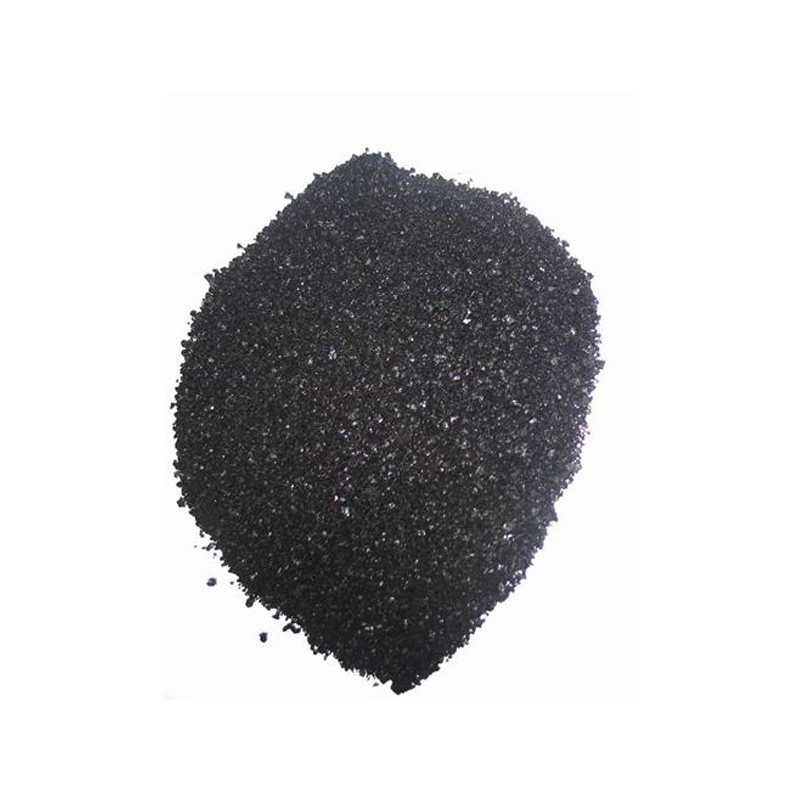china pure natural indigo powder
The Beauty of China’s Pure Natural Indigo Powder
In recent years, the demand for natural dyes has surged, with consumers increasingly savoring the rich history and environmentally friendly aspects of these products. Among them, China’s pure natural indigo powder stands out, revered for its vibrant hue and traditional significance. This article explores the properties, production, and uses of indigo powder, emphasizing its importance as a sustainable choice in today’s market.
What is Natural Indigo Powder?
Indigo powder, sourced from the leaves of the indigo plant (Indigofera tinctoria), has been used for centuries to create stunning blue dyes. The cultivation of indigo dates back over 5,000 years, with its roots firmly established in ancient Chinese culture. The raw leaves undergo a meticulous process of fermentation and oxidation, resulting in the production of a deep blue pigment that remains unmatched in vibrancy and richness.
The Production Process
The journey of pure natural indigo powder begins with the careful selection of indigo plants, which thrive in warm climates. Farmers hand-harvest the leaves, preserving their quality and potency. After harvesting, the leaves are fermented in water for several days, allowing the indigo to release its dye. The mixture is then oxidized, and the resultant precipitated dye is collected, dried, and ground into a fine powder.
china pure natural indigo powder

This traditional method not only ensures a high-quality product but also respects the environment. Unlike synthetic dyes that may contain harmful chemicals, natural indigo powder is biodegradable and non-toxic, making it safer for both the artisans who work with it and the consumers who use it.
Uses of Indigo Powder
Indigo powder is incredibly versatile. It is primarily known for dyeing textiles, offering a rich blue color that can't easily be replicated with synthetic dyes. Artisans in the textile industry use indigo in various forms, including tie-dyeing and batik, allowing them to create unique designs that often reflect cultural narratives.
Beyond textiles, indigo powder has found its way into modern cosmetic products. It is increasingly used in hair dye formulations, providing a natural alternative for those seeking to enhance their hair color without the harsh chemicals found in conventional hair dyes. When used in cosmetics, indigo not only lends a beautiful shade but also offers skincare benefits, as it is believed to have anti-inflammatory properties.
Conclusion
The resurgence of interest in natural products underscores the significance of China’s pure natural indigo powder. Its rich history, combined with sustainable manufacturing practices, positions it as a leader in the dyeing industry. As consumers become more conscious of their environmental impact, the appeal of natural indigo powder will likely continue to grow. Embracing this ancient craft not only supports artisans and local economies but also fosters a more sustainable approach to fashion and beauty. In a world increasingly dominated by synthetic options, natural indigo powder shines as a testament to tradition, sustainability, and artistry.
-
The Timeless Art of Denim Indigo Dye
NewsJul.01,2025
-
The Rise of Sulfur Dyed Denim
NewsJul.01,2025
-
The Rich Revival of the Best Indigo Dye
NewsJul.01,2025
-
The Enduring Strength of Sulphur Black
NewsJul.01,2025
-
The Ancient Art of Chinese Indigo Dye
NewsJul.01,2025
-
Industry Power of Indigo
NewsJul.01,2025
-
Black Sulfur is Leading the Next Wave
NewsJul.01,2025

Sulphur Black
1.Name: sulphur black; Sulfur Black; Sulphur Black 1;
2.Structure formula:
3.Molecule formula: C6H4N2O5
4.CAS No.: 1326-82-5
5.HS code: 32041911
6.Product specification:Appearance:black phosphorus flakes; black liquid

Bromo Indigo; Vat Bromo-Indigo; C.I.Vat Blue 5
1.Name: Bromo indigo; Vat bromo-indigo; C.I.Vat blue 5;
2.Structure formula:
3.Molecule formula: C16H6Br4N2O2
4.CAS No.: 2475-31-2
5.HS code: 3204151000 6.Major usage and instruction: Be mainly used to dye cotton fabrics.

Indigo Blue Vat Blue
1.Name: indigo blue,vat blue 1,
2.Structure formula:
3.Molecule formula: C16H10N2O2
4.. CAS No.: 482-89-3
5.Molecule weight: 262.62
6.HS code: 3204151000
7.Major usage and instruction: Be mainly used to dye cotton fabrics.

